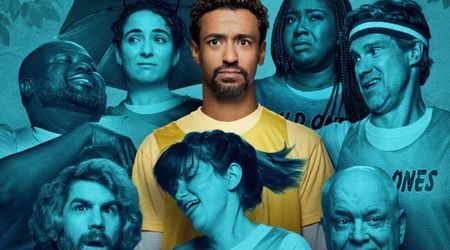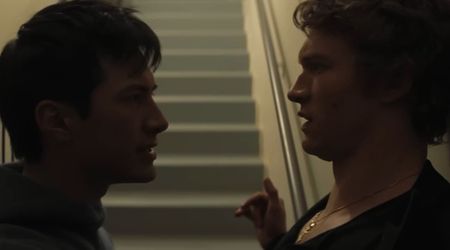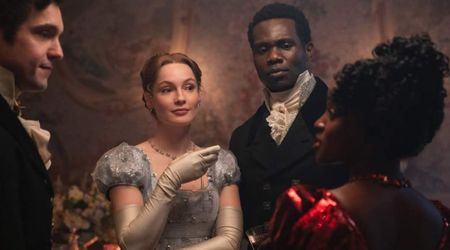'Mindhunter' actor Sonny Valicenti on playing the BTK Strangler: 'I was barely two or three traumas away from being a serial killer' [Exclusive]

Feminine masks, knotted ropes, lingerie, sinister symbols, and a secret life behind his locked door — the BTK (Bind, Torture, Kill) Strangler was hunting for a new prey as the second chapter of 'Mindhunter' unfolded. A devil in disguise, serial killer Dennis Lynn Rader hunted for victims to satisfy his sexual fantasies from 1974 to 1991 — close to two decades — until he was arrested in 2005 after he himself sent fake IDs, a word puzzle and a sketch labeled 'The Sexual Thrill Is My Bill' in letters to the media and cops.
Sonny Valicenti brings the twisted man to life in David Fincher's chilling and thrilling series. In an exclusive interview with MEA World Wide (MEAWW), he says, "I am still billed as the ADT Serviceman in the credits." Shedding light into how season two of 'Mindhunter' is more "personal" from the first part, Valicenti says, "The main characters are explored in deeply intimate ways, especially in terms of their identity, love, and family. For my character, the private moments were brought into focus. The moments behind closed doors that allow the character to engage with his fantasies... I have yet to find my way back into my skin after watching those horrific scenes."
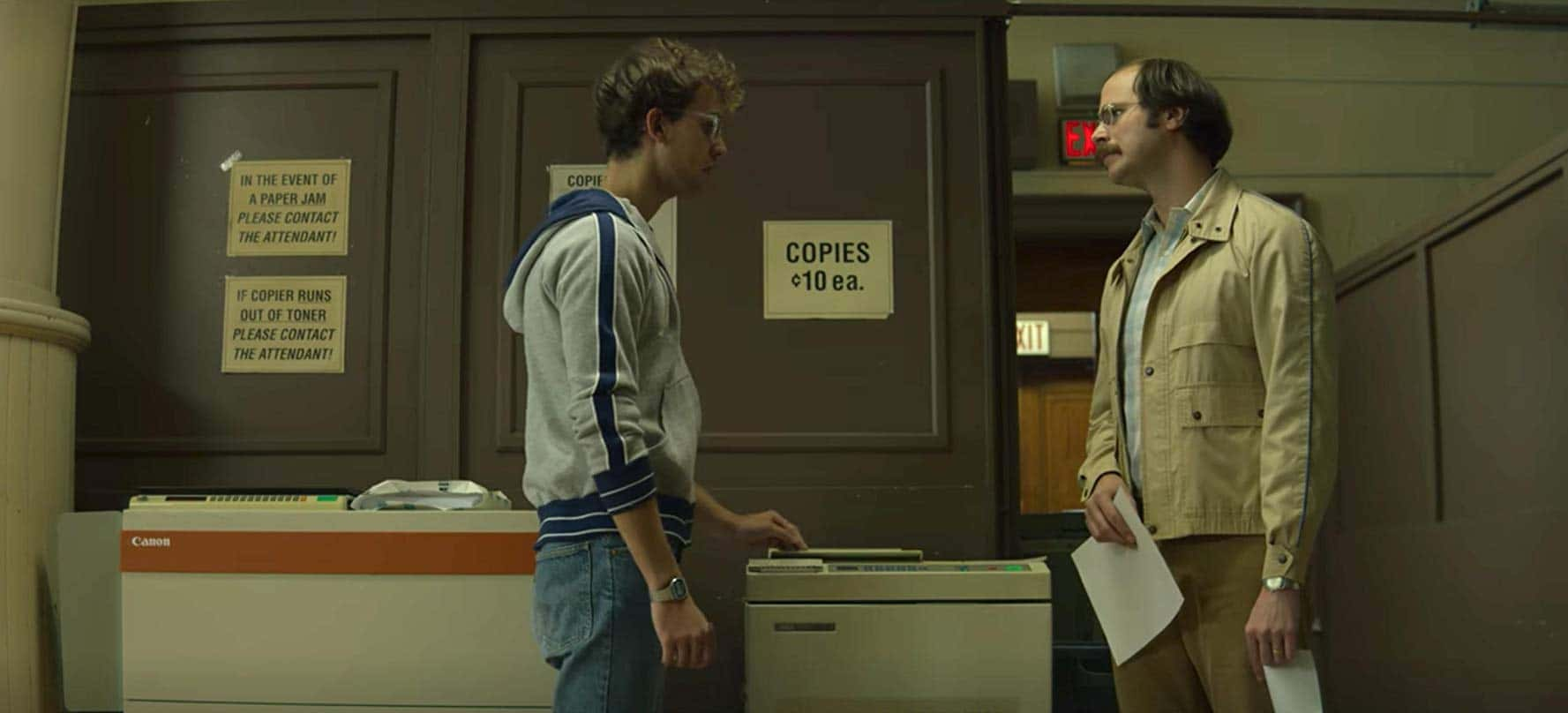
For a long time, the character has been shrouded in mystery and being unsure about the role you are playing can be challenging. Did this uncertainty help you or make things more difficult for you on set in season one?
There was a lot of mystery publicly about who I was playing, but I was grateful to have a bit more insight into the character than I was allowed to discuss. I think the only tricky part that came from season one was tiptoeing around what we all knew to be true in interviews.
How did you get into the skin of Dennis Rader and how different is it to play a serial killer from any other normal role, where the character may not be a sociopath?
With such a long gap between seasons, I had a chance to ask myself this over and over. And the only answer I could come up with was: I have to play what I know. I have to approach this work from a developmental psychology perspective. The most discomfort came from asking the question: “How am I similar to him?” John E. Douglas (the author of crime-book 'Mindhunter: Inside the FBI's Elite Serial Crime Unit') also wrote another book called 'Inside the Mind of B.T.K.' In this book, he describes Rader’s diary in detail. Reading that was insightful to understand his thought process.
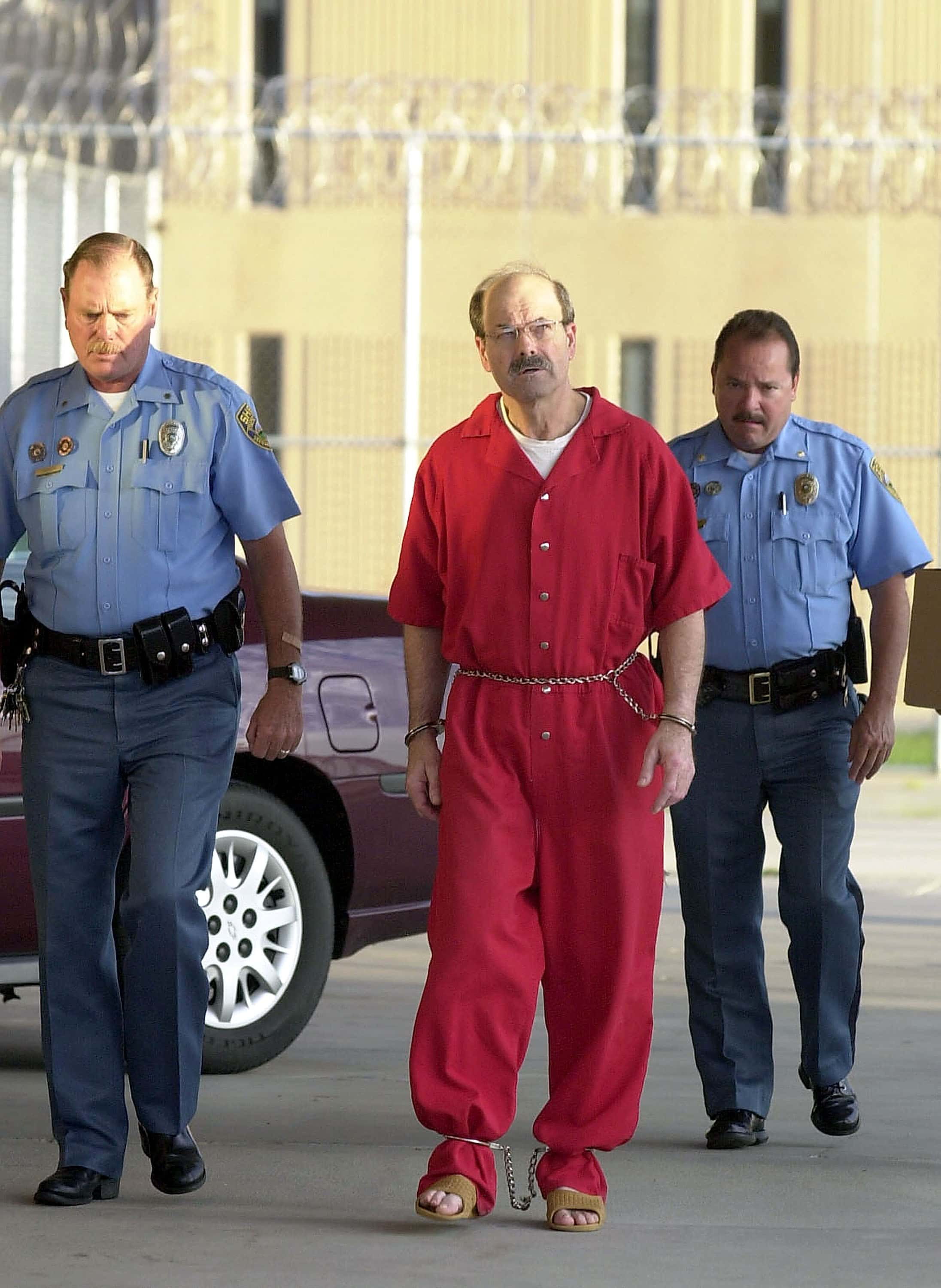
Tell us what really went into the groundwork of becoming this character. When did you realize you had got hold of the serial killer's personality?
Dennis Rader was so curious about what was happening to him. He struggled to understand where his impulses came from. He would discuss the events that led to his first murders. He would try to glean a kind of pathology. My work was to figure out what it looks like when I “act it out" and what might "cause it." The causes usually stemmed from moments where I felt powerless — situations that left me feeling emasculated would turn to a fit of unchecked shameful anger, and eventually the basic run-of-the-mill self-loathing. I found this to be a way inside his mind.
Getting into the headspace of a criminal or villain is incredibly tough. Heath Ledger played Joker in 'Batman' and succumbed to darkness, thereby losing his life. Did getting into the BTK killer's skin ever trouble your conscience?
Dennis Rader would discuss how his body felt before, during, and after his murders. The most terrifying aspect of playing the role was finding out just how relatable these sensations were. Over time, I started to fear that I was barely two or three common human traumas away from being like a serial killer. While that is an overstatement—and in no way an attempt to condone or empathize with what he did—it does hit on the thesis of the show, which is: We can’t think in black and white anymore.
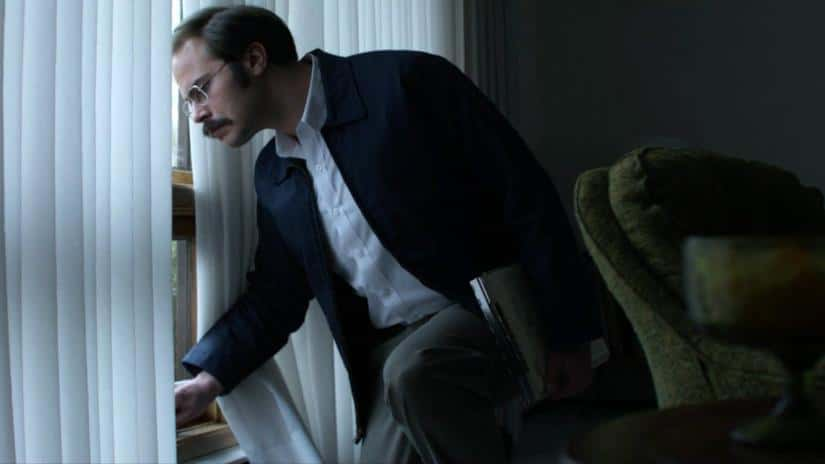
We have to look hard at the fact that human beings committed heinous acts. And because they are humans, there must be a way for us to understand how it happened. That is a longwinded way of saying: I had to look at my darkest impulses, trying to understand why they were arising, and apply that to the scenes. So, in that sense, it is just the work of an actor. It is this kind of work that really starts to reveal something about the character. I hope to use these lessons for other roles too.
After playing a mysterious serial killer, do you want to play a slightly more humane character?
I’d like to play someone a bit less opaque in terms of his presence. Playing deep in the shadows is always exciting for an actor, but engaging with material that has a lighter and more buoyant rhythm sounds like what I need.
Stay with us as we bring out Part II of the interview where Valicenti paints a vivid picture of working with David Fincher and sketches out his similarities with Steven Spielberg.
Watched 'Mindhunter' Season 2? Catch the review of the Netflix series here.




